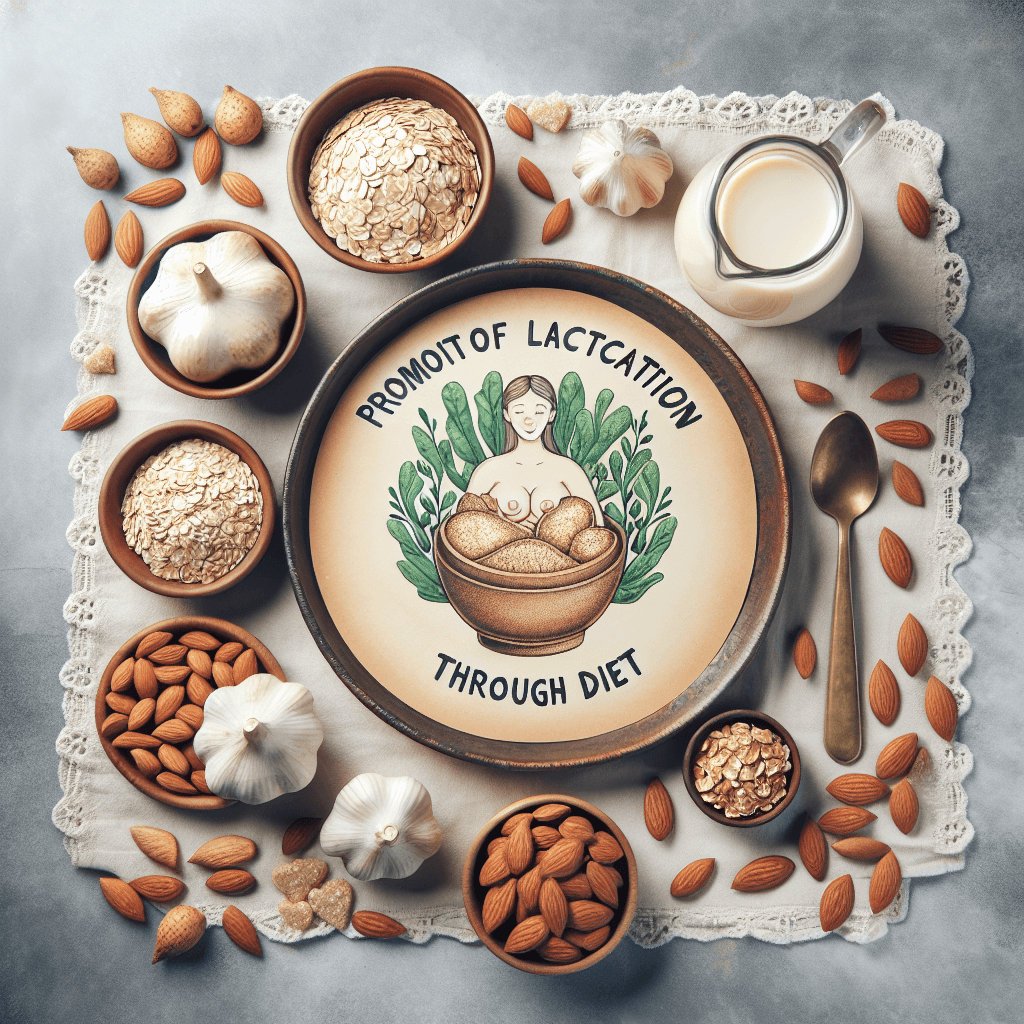Child Development: A Complete Guide to the Essential Stages
Becoming a parent is one of the most beautiful and complex experiences in life. Along with the joys of motherhood and fatherhood come many questions and challenges. One of the most common concerns of nursing mothers is lactation and how it can be stimulated. There are certain foods that, when included in the daily diet, can help stabilize and increase breast milk production. In this article we will explore how lactation can be stimulated and what foods a nursing mother should eat to support her milk production.
The Importance of Breastfeeding for Child Development
Breastfeeding is essential for the child's development in the first months of life. Breast milk is not only a source of nutrition, but also a form of protection against disease and infection. It is perfectly adapted to the needs of the child and contains antibodies, living cells, enzymes and hormones that cannot be replicated by milk formulas of non-human origin.
Maternal Diet and Impact on Lactation
What a mother eats directly affects the quality and quantity of milk produced. A balanced and nutritious diet is imperative. Protein-rich foods such as lean meat, fish, eggs and legumes are important for maintaining a healthy lactation. In addition, eating fruits and vegetables provides essential vitamins and minerals.
Specific Foods That Stimulate Lactation
There are certain foods known for their ability to support and increase breast milk production, sometimes called galactogogues. These include:
- Oats: A comfort and nutritious food that can help increase levels of oxytocin, a hormone that stimulates milk production.
- Fennel: Both the vegetable and the seed are considered galactogogue.
- Green Papaya: Often consumed in Asia for its lactogenic effects.
- Wheat germ: A rich source of zinc, important for immunity and milk production.
Natural Remedies and Supplements
In addition to diet, there are various natural remedies and supplements that can help. Herbal extracts such as fenugreek, blessed thistle and goat's rue are some of the most popular. However, it is important to talk to a doctor before starting any supplement.
Lifestyle and Lactation
Stress, fatigue and insufficient hydration can have a negative impact on lactation. Practicing relaxation techniques, getting adequate sleep and drinking regular fluids are all factors that contribute to healthy lactation.
Myths About Lactation and Nutrition
There are many myths surrounding breastfeeding and what foods should or shouldn't be eaten while breastfeeding. For example, it is often said that eating garlic or chocolate can affect the taste of milk, which may be true for some mothers and babies, but it is not a general rule.
Conclusion
Lactation is a natural process, but sometimes it may need a little boost. By following a balanced diet and eating some key foods, mothers can improve the quantity and quality of breast milk to optimally nourish their babies. It is also important to remember to pay close attention to your own rest and hydration to maintain health and support milk production. If you need more information or help, don't hesitate to consult a specialist or visit our breastfeeding section for tips and products that can support you on this journey. Subscribe to our newsletter to receive the latest tips and tricks for caring for your baby.














































































































































